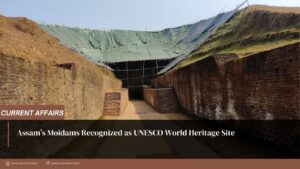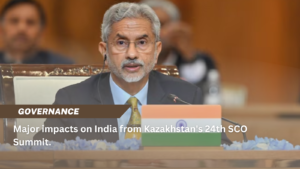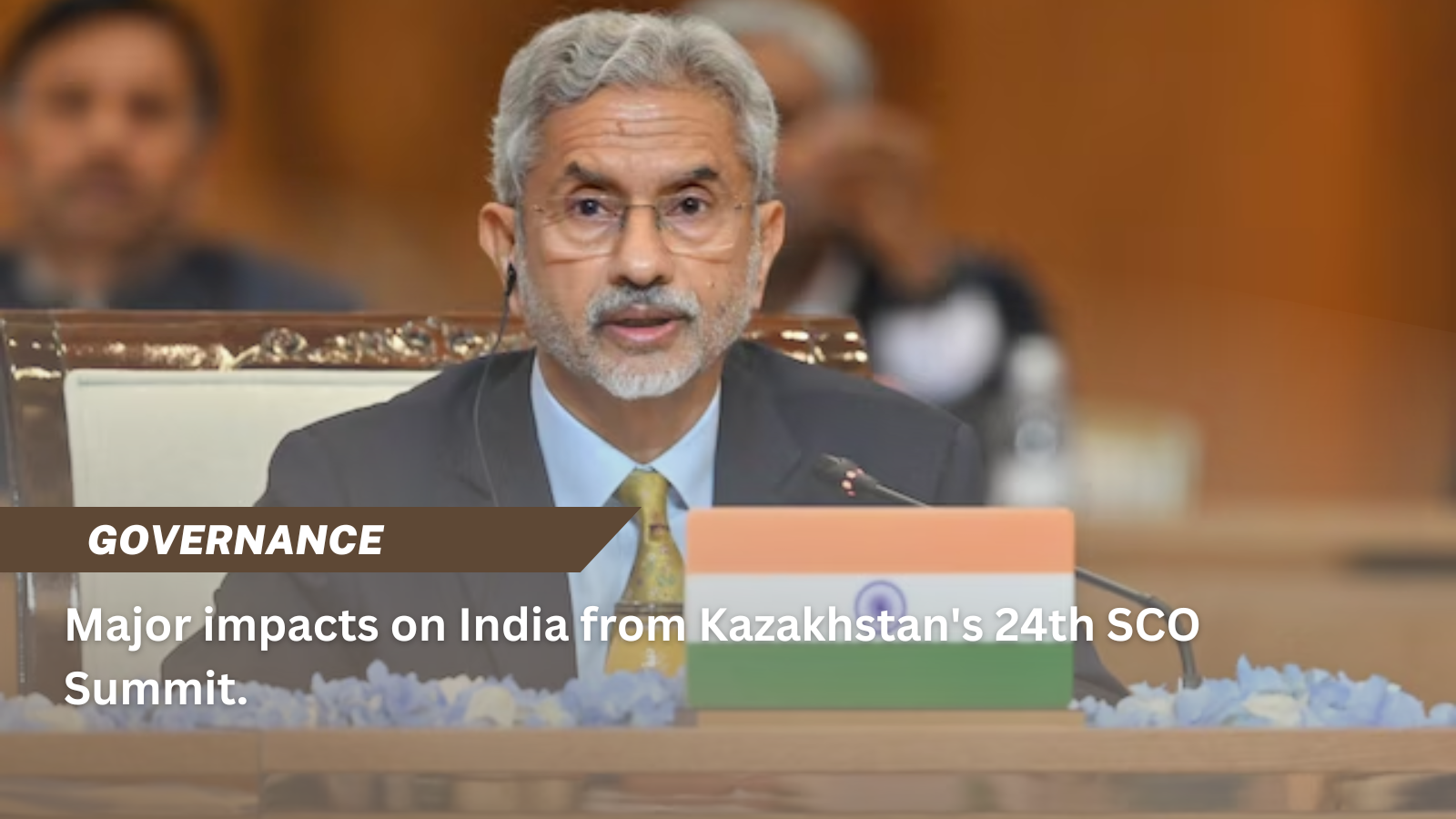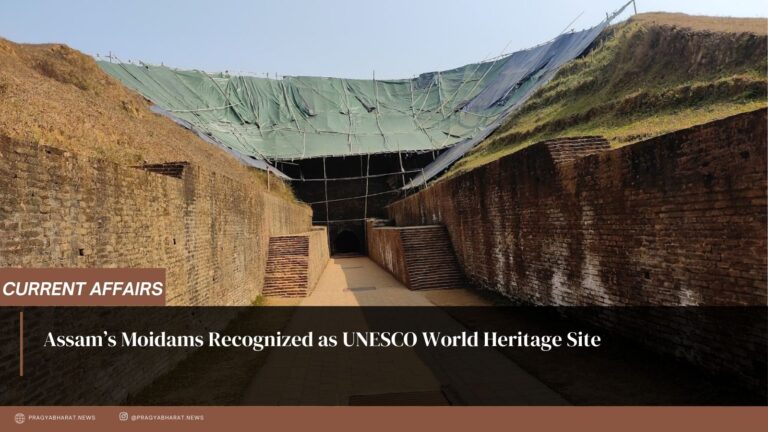The 24th Summit of the Shanghai Cooperation Organisation (SCO) concluded in Astana with significant strides towards regional cooperation and global stability. The summit, hosted by Kazakhstan, saw pivotal decisions that could shape the future geopolitical and economic landscape of Eurasia.
A notable highlight was the inclusion of Belarus as the 10th member of the SCO, marking an expansion of the organization that now encompasses a wider Eurasian alliance. This move signals the SCO’s growing influence and its potential to reshape regional dynamics.
Astana Declaration Adopted at SCO Summit
The adoption of the Astana Declaration underscored the member states’ commitment to reinforcing global peace and fostering a new democratic and economic order. This declaration reaffirms the SCO’s role as a key player in promoting stability and cooperation across the region.
Key Outcomes
- Counter-Terrorism and Security: The summit saw the adoption of the Cooperation Program to Counter Terrorism, Separatism, and Extremism for 2025-2027, alongside an Anti-Drug Strategy for 2024-2029. These measures reflect the organization’s focus on addressing critical security challenges in the region.
- Economic Integration: Approval of the Economic Development Strategy’s Action Plan until 2030 marks a significant step towards regional economic integration, potentially opening new avenues for trade and investment among member states.
- Energy Cooperation: Strategies for energy cooperation till 2030 were endorsed, addressing the crucial issue of energy security in a region rich in natural resources.
- World Unity Initiative: Kazakhstan’s proposal “On World Unity for a Just Peace, Harmony, and Development” was endorsed, aiming to create a multipolar world order with the UN playing a central coordinating role.
Implications for India
For India, the SCO presents a mixed bag of opportunities and challenges. The organization is crucial for India’s Connect Central Asia policy, providing access to vital resources and enhancing its strategic footprint in the region.
Opportunities:
- Resource Access: The SCO facilitates India’s access to Central Asia’s rich natural resources, including Kazakhstan’s uranium reserves.
- Counter-Terrorism Cooperation: The Regional Anti-Terrorist Structure (RATS) of the SCO offers India critical intelligence on terrorist movements and drug trafficking, bolstering its counter-terrorism capabilities.
- Energy Security: With the region holding significant oil and natural gas reserves, the SCO could play a key role in advancing India’s energy security interests, potentially facilitating projects like the TAPI pipeline.
Challenges:
- Diplomatic Balancing: The perception of the SCO as an anti-Western forum in some quarters poses a diplomatic challenge for India, requiring careful navigation of its relationships with Western partners.
- Internal Conflicts: Ongoing tensions among member states, particularly the India-Pakistan rivalry, complicate collaborative efforts within the organization.
- Limited Engagement: The SCO’s restricted interaction with observer states and other international organizations could limit its broader influence and India’s ability to leverage the platform fully.
As the dust settles on this landmark summit, it’s clear that the SCO is poised to play an increasingly significant role in shaping Eurasian geopolitics. For India, the organization offers a valuable platform to advance its strategic interests in Central Asia, albeit one that requires deft diplomacy to navigate effectively.
The coming years will likely see India working to maximize the benefits of its SCO membership while carefully managing the associated challenges. As the global order continues to evolve, forums like the SCO may prove instrumental in shaping the future of regional cooperation and international relations.

















+ There are no comments
Add yours